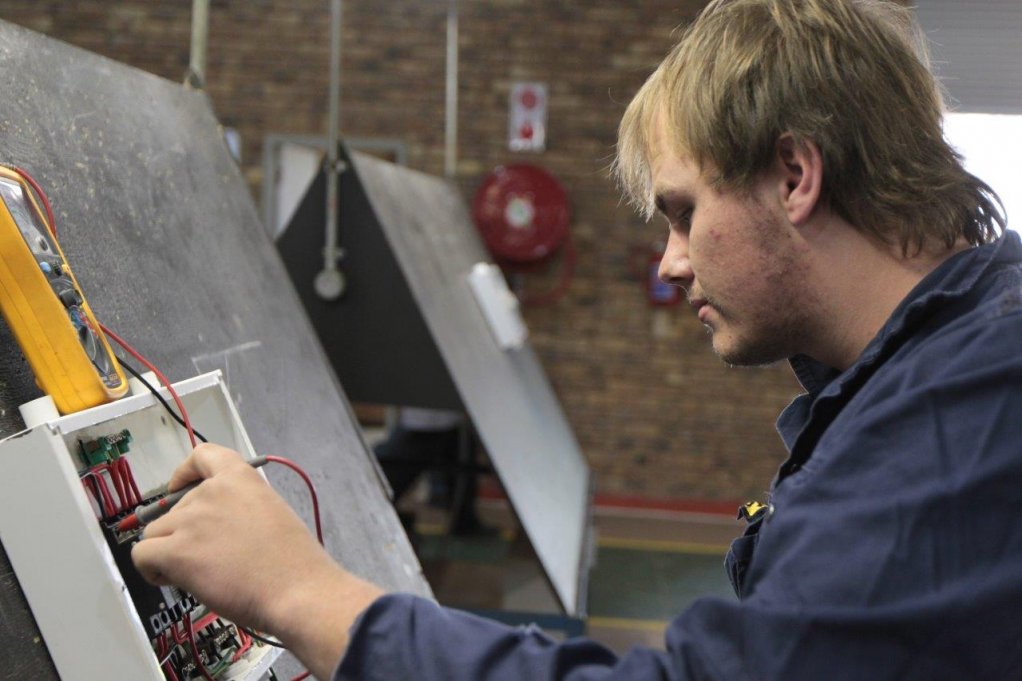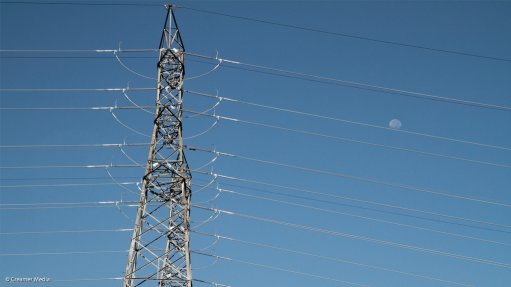Merseta advocates practical trade experience to plug South Africa’s technical gaps


TECHNICALY MINDED Trained artisans can produce technically minded candidates that may be further developed to plug the engineering skills gap in South Africa
The Manufacturing, Engineering and Related Services Sector Education and Training Authority (Merseta) advocates artisan training, coupled with workplace experience, as a way of developing the technical skills that are in demand, which will create high-quality jobs and develop more technically qualified candidates for further training as engineers, says Merseta CEO Dr Raymond Patel.
South Africa requires about 20 000 trained artisans a year, but is producing fewer than 9 000 a year, with Merseta being responsible for training 50% of these artisans. Government departments are currently staffed with only 1 800 engineers and need another 1 000.
“The poor rate at which training is taking place can partly be attributed to our poor schooling in mathematics, science and technical skills, as well as the disappearance of technical colleges, which closely linked theoretical education and practical workplace experience and training.”
However, the poor mathematics, science and technical skills of school leavers can be overcome by combining theoretical training with workplace experience and bridging courses.
Training of technically skilled people who have work experience can result in some technically minded candidates who can be developed into qualified engineers through further study. This would mimic the proven technical, practical-focused development that takes place in Germany and Switzerland, says Patel.
“A survey of skills shortages worldwide found that the top skills in demand are technical and artisanal skills, so South Africa is in the same boat as much of the rest of the world. However, we are not providing the correct routes for our schoolchildren to be exposed to and drawn into the world of technical skills, despite significant demand for people with such skills and the jobs being of good quality,” he notes.
Patel was speaking at the inauguration of a new building at artisan training institution Sol-Tech College, in Kirkney, Pretoria, in June.
The Sol-Tech College has, among other centres, a mathematics centre to train school leavers. The practical technical training enables students to use mathematics in everyday applications, which also changes the negative perspective they have of mathematics, says Sol-Tech MD Paul van Deventer.
Meiring Cromhout was one of the first students at Sol-Tech seven years ago and has since qualified as an artisan and artisan trainer.
“Sol-Tech taught me a marketable trade in a country with a shortage of jobs. I passed my trade test and found a job. I am currently involved in training at my company and am transferring my knowledge to other young people. The facility had a significant impact on my profession and my life,” he says.
Sol-Tech’s courses involve two-and-a-half to three years of training, comprising three phases of theoretical training, intensive practical training and then experience at a workplace, during which the students can earn a stipend and after which they take their trade test to become a qualified artisan.
The students are often employed by the institutions where they received practical experience, owing to the quality of the Sol-Tech training, and can earn more than R15 000 a month after qualifying.
The Sol-Tech College has access to the new machines, equipment and technologies used in industry, including computer numerical ly controlled and programmable-logic-controller-based manufacturing interfaces, a spark-erosion machine used for toolmaking and metal inert gas and tungsten inert gas welding, as well as arc and carbon dioxide welding, besides others.
The college provides training for electricians, millwrights, fitters and turners, toolmakers, welders and automotive and diesel mechanics, concludes Van Deventer.
Article Enquiry
Email Article
Save Article
Feedback
To advertise email advertising@creamermedia.co.za or click here
Press Office
Announcements
What's On
Subscribe to improve your user experience...
Option 1 (equivalent of R125 a month):
Receive a weekly copy of Creamer Media's Engineering News & Mining Weekly magazine
(print copy for those in South Africa and e-magazine for those outside of South Africa)
Receive daily email newsletters
Access to full search results
Access archive of magazine back copies
Access to Projects in Progress
Access to ONE Research Report of your choice in PDF format
Option 2 (equivalent of R375 a month):
All benefits from Option 1
PLUS
Access to Creamer Media's Research Channel Africa for ALL Research Reports, in PDF format, on various industrial and mining sectors
including Electricity; Water; Energy Transition; Hydrogen; Roads, Rail and Ports; Coal; Gold; Platinum; Battery Metals; etc.
Already a subscriber?
Forgotten your password?
Receive weekly copy of Creamer Media's Engineering News & Mining Weekly magazine (print copy for those in South Africa and e-magazine for those outside of South Africa)
➕
Recieve daily email newsletters
➕
Access to full search results
➕
Access archive of magazine back copies
➕
Access to Projects in Progress
➕
Access to ONE Research Report of your choice in PDF format
RESEARCH CHANNEL AFRICA
R4500 (equivalent of R375 a month)
SUBSCRIBEAll benefits from Option 1
➕
Access to Creamer Media's Research Channel Africa for ALL Research Reports on various industrial and mining sectors, in PDF format, including on:
Electricity
➕
Water
➕
Energy Transition
➕
Hydrogen
➕
Roads, Rail and Ports
➕
Coal
➕
Gold
➕
Platinum
➕
Battery Metals
➕
etc.
Receive all benefits from Option 1 or Option 2 delivered to numerous people at your company
➕
Multiple User names and Passwords for simultaneous log-ins
➕
Intranet integration access to all in your organisation


















